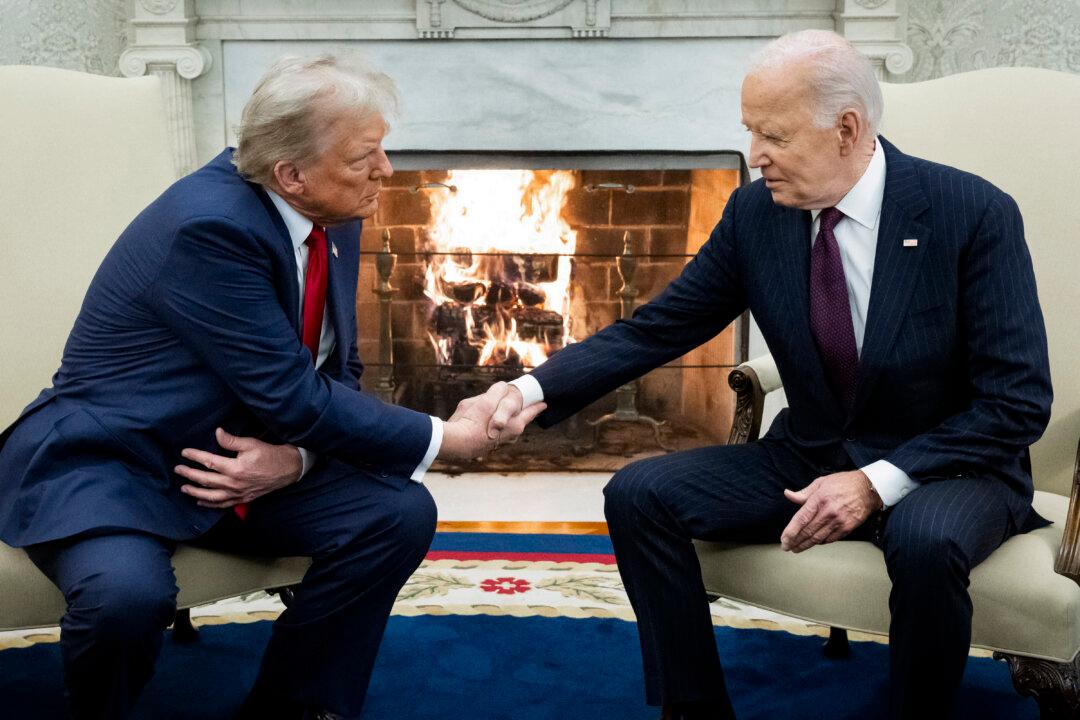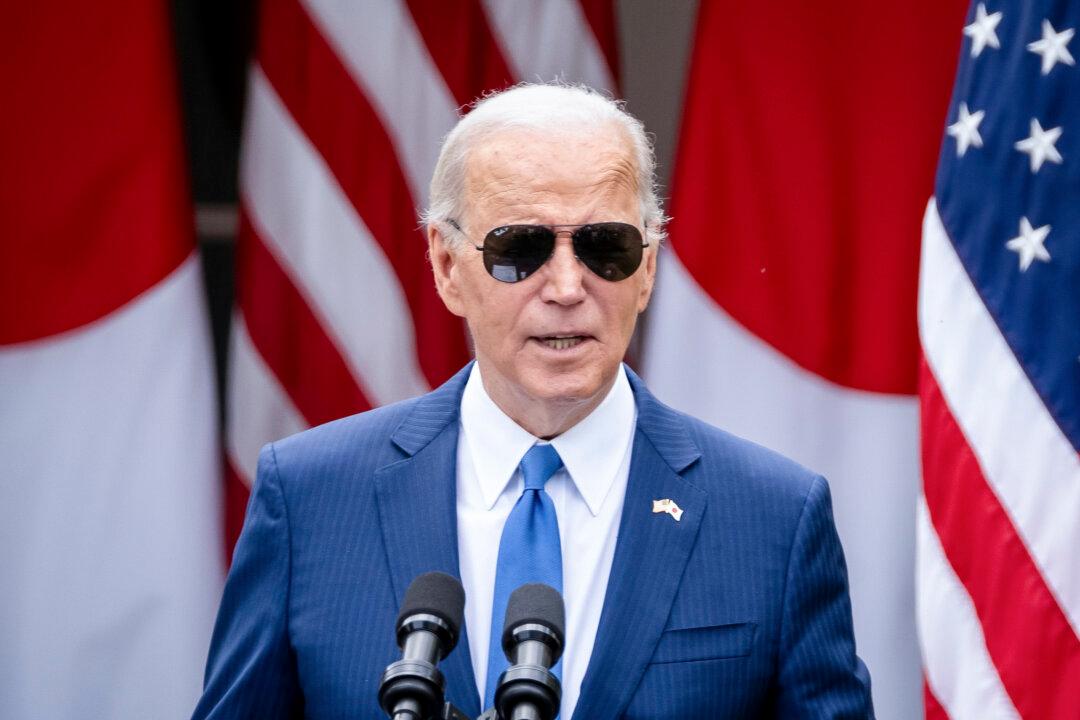The U.S. economic freedom score has declined 1.8 points this year to 74.8, Heritage Foundation, a conservative U.S. think tank, announced last week.
The Index of Economic Freedom is an annual ranking created in 1995. This year’s index ranks 178 countries by examining qualitative and quantitative factors grouped in four categories—the rule of law, government size, regulatory efficiency, and open markets. The index measures economic freedom in a country based on 12 factors from property rights to tax burden and financial freedom.
Singapore has topped the list for the second year in a row because of its business-friendly regulatory environment and a very low unemployment rate, the report stated. New Zealand and Australia came in second and third this year, respectively.
The struggle between the state and the free market continued in 2020, according to Anthony Kim, research manager at the Heritage Foundation and editor of the Index of Economic Freedom.
Fiscal and monetary policy measures implemented by the governments of the United States and other countries in response to the pandemic have weakened economic freedom and long-term prosperity.
“Our index really emphasizes that the solutions are not in the hands of bureaucrats and government planners. It’s with the individuals and private sector enterprises in the free market,” Kim told The Epoch Times.
Despite the challenges created by the health crisis, the average global economic freedom score remained at a record high of 61.6 for the second consecutive year.
The main reason is that a number of countries have been moving in the right direction, Kim said, adding that Baltic countries, in particular, such as Estonia, Lithuania, and Latvia, and some other countries in Europe, have performed well with regard to economic freedom.
The 2021 index was prepared using data that covers the second half of 2019 through the first half of 2020, according to the Heritage Foundation.
While tax reform and deregulation have helped improve economic freedom in the United States, government spending, a rising deficit, and growing public debt in the past few years have reduced the country’s score, according to Kim.
“I’m afraid that direction will not be better anytime soon as we have seen all the executive orders from President Biden,” he said.
Biden’s policies are “trying to empower a big government agenda in the name of helping people,” he added.
Hong Kong, this year, has been dropped from the index due to growing concerns over Beijing’s tightening grip on the city after the introduction of the controversial national security law last year.
Hong Kong topped the economic freedom list for 25 years until 2019. Experts in Hong Kong believe that the Chinese communist regime’s rapid encroachment on Hong Kong’s freedom has further deteriorated the city’s economic environment.
The index also removed the Chinese special autonomous region of Macau, the world’s biggest casino gambling hub, from the rankings.
Hong Kong’s Finance Secretary Paul Chan reacted to the Heritage Foundation’s decision to remove Hong Kong from the index.
The Hong Kong government has taken pride in the Heritage index that had shown the territory to be the world’s freest economy for decades. It has used such studies to promote the city as an open, safe, and vibrant business hub.
China’s economy has been rated “mostly unfree,” ranking 107th out of 178 economies. Meanwhile, Taiwan’s economy is the sixth-freest in the 2021 index, recording its best performance in the history of the study.
Taiwan has remained committed to economic freedom, transparency, and openness, Kim said.
Economic freedom not only boosts GDP per capita and standard of living in a country, according to Kim, it also affects overall human development in terms of education, health, and longevity. It’s also highly correlated with economic competitiveness, environmental sustainability, and social progress.





